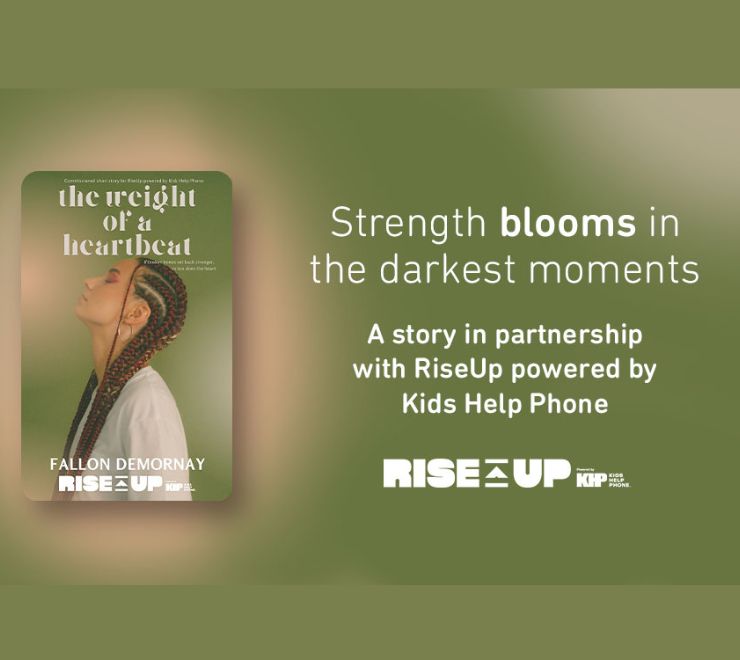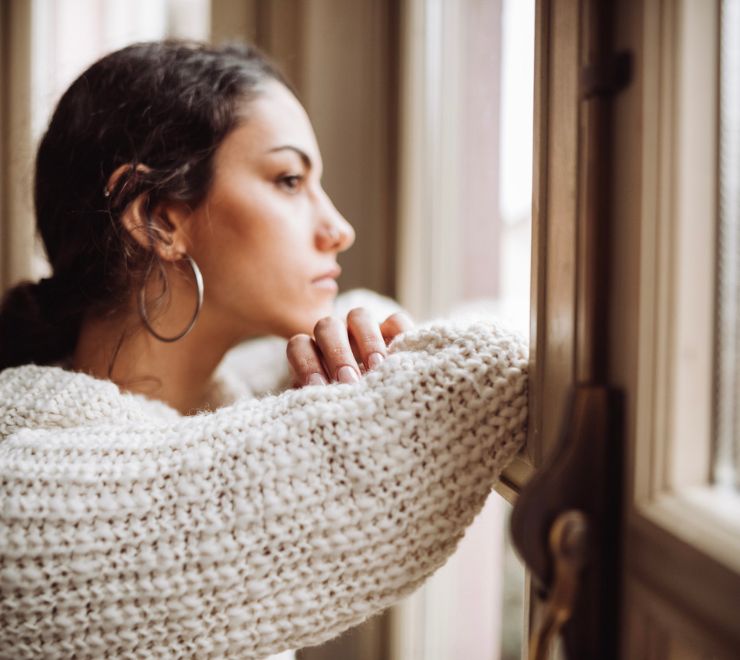Everyone feels sad from time to time, but seasonal affective disorder is something more. Here’s what you need to know to cope.
What is seasonal affective disorder?
Seasonal affective disorder (SAD) and depression are connected. Depression is a common mental disorder that may be diagnosed when a person feels sad, hopeless and low for an extended period of time. Seasonal affective disorder may be diagnosed when a person experiences depression that is seasonal. That is, the feeling comes and goes depending on the time of year. Seasonal affective disorder is linked to weather, daylight and temperature and is more common in winter months. Like other mental disorders, only a doctor or psychologist can diagnose depression and seasonal affective disorder.
What are the signs of seasonal affective disorder?
In addition to the symptoms of depression, signs of seasonal affective disorder may include:
- feeling tired
- sleeping a lot
- craving carbohydrates (bread, potatoes, pasta, etc.)
- weight gain
People who experience seasonal affective disorder may also notice changes in their mood. These changes are often related to the weather, amount of daylight and temperature. Short, dark and cold days (usually in the winter months) may lead to a lower mood. Long, bright and warm days (usually in the summer months) may lead to a more elevated mood. Some people who experience seasonal affective disorder feel like they’re a “different person” when the weather changes.
What factors can contribute to seasonal affective disorder?
There is no known, exact cause of seasonal affective disorder. However, it’s more common in places far from the Earth’s equator (where it’s generally hot and sunny). Locations, like Canada, that are farther from the equator often have greater seasonal changes. These changes may lead to shifts in mood.
Similar to depression, seasonal affective disorder can also be genetic. If someone in your family has experienced it, you may be more likely to experience it, too.
How is seasonal affective disorder treated?
Like depression, seasonal affective disorder is treatable. It’s important to talk to your doctor or psychologist if you think you may be experiencing it. Here are some things your doctor or psychologist may suggest:
- Light therapy: light therapy uses a phototherapy light designed to mimic the sun. It tricks your brain into thinking you’ve been exposed to sunlight (like in the summer months). Sit near the light (while watching TV, doing homework, etc.) for 30-60 minutes per day to feel the effects. There are different types of lights, so shop around for one that works best for you. Phototherapy lights are available to use for free in some public libraries or can be purchased from retail stores.
- Antidepressant medication: antidepressant medication lifts your mood. It’s important to take the medication exactly as prescribed. Tell your doctor right away if you stop taking the medication, start experiencing side effects or feel worse than before.
- Counselling or therapy: counselling or therapy is a safe place where you can talk to a trained professional. They can help you understand and change the behaviours, thoughts or relationships that are contributing to how you’re feeling. Remember, Kids Help Phone counsellors are available 24/7 at 1-800-668-6868 if you need to talk.
How can I cope with seasonal affective disorder?
People with seasonal affective disorder may want to sleep a lot. They may also want to eat foods that are high in fat, salt and sugar. Although these things may make you feel better in the moment, they can actually make you feel worse over time. They also won’t make seasonal affective disorder go away. Here are some things you can do to cope:
- go to bed and wake up around the same time every day (even on the weekends)
- try to get eight to 10 hours of sleep every night
- eat a balanced diet (including fruits and vegetables)
- get lots of exercise
- try to spend some time outside during the day
Seasonal affective disorder is a treatable condition, just like depression. Light therapy, proper nutrition and exercise can help you cope. If you think you may be experiencing seasonal affective disorder, you can start by talking to a safe adult. If you’d like to connect with Kids Help Phone’s professional counsellors and trained, volunteer crisis responders for support, you can check out our e-mental health services.


















